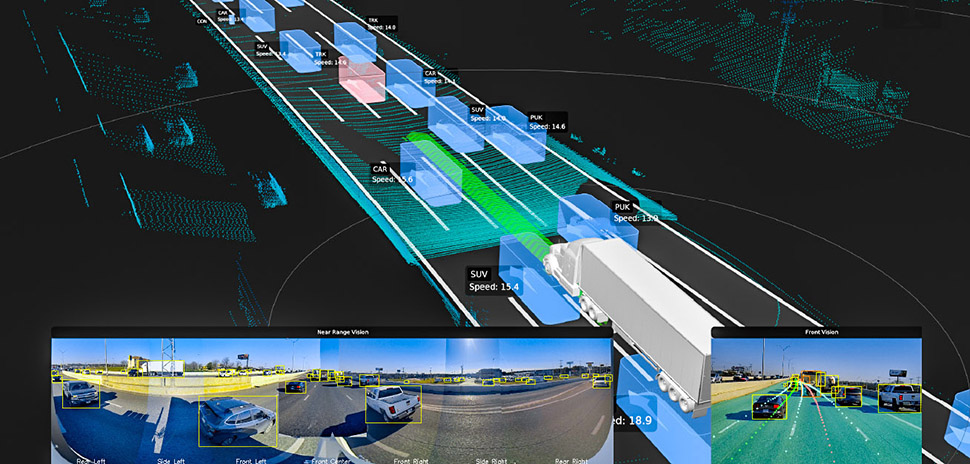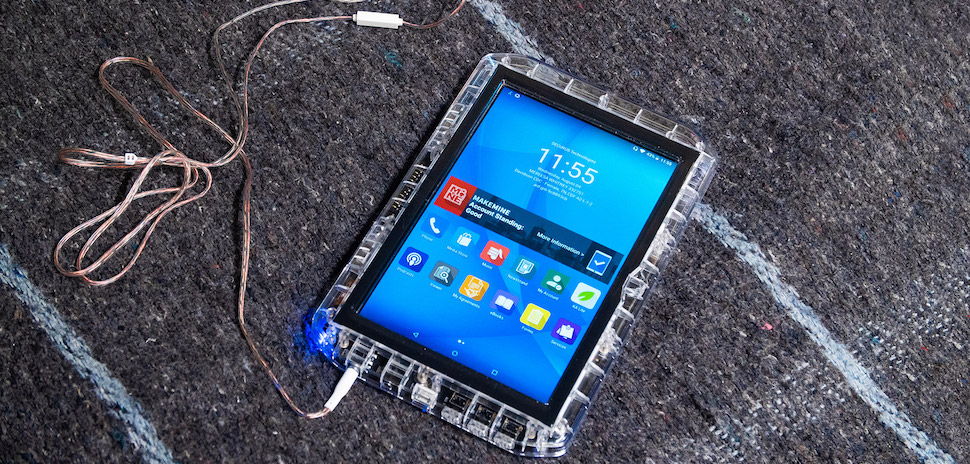Ayass Bioscience, a molecular medicine company based in Frisco, says its research team has developed an “aptamer-based solution” that neutralizes peanut allergens—potentially protecting children and adults at risk of severe allergic reactions.

Mohamad Ayass, M.D.
In a study led by the company’s founder and president, Mohamad Ayass, M.D., the team discovered and developed AYA22A aptamers, molecular compounds that target and bind to specific peanut proteins known to cause most peanut allergy reactions in the U.S.
The aptamers prevent the allergens from triggering the body’s allergic response, “effectively neutralizing them before causing harm,” the company said.
“Our AYA22A aptamers technology is a revolutionary step in peanut allergy management,” Dr. Ayass said in a statement. “This is a safe, non-invasive solution that doesn’t require genetic modification to the peanuts or traditional immunotherapy for the patient. This could mean the end of strict peanut avoidance for allergy sufferers, offering them freedom and peace of mind with the end goal of eliminating the unnecessary stress, death, and even costs associated with peanut allergies.”
Peanut allergies affect around 2% of Americans
Peanut allergies affect around 2% of the U.S. population, including 1.6 million children and 4.6 million adults, the company noted, with symptoms ranging from mild to life-threatening. Ayass cites FDA data showing that the economic burden of peanut allergies totals an estimated $24.8 billion annually.
“Every day, children and adults are hospitalized due to peanut allergies,” Dr. Lina Mosleh, a VP and principal scientist at Ayass Bioscience, said in a statement. “With this new aptamer technology, we’re one step closer to creating a world where peanut allergies are a thing of the past. Our goal is for those with peanut allergies to live in a world where avoidance is not the only solution.”
Until now, treatment options for peanut allergies have been limited. Oral immunotherapy like Palforzia aims to desensitize individuals, but it requires long-term commitment, while other therapies, such as Omalizumab and epicutaneous immunotherapy (EPIT), are still under investigation with mixed results.
The company says its aptamer-based solution has the potential to impact the agriculture, food production, and decontamination sectors. The technology could also allow for the development of allergy-friendly peanut products for consumption, Ayass adds, along with products that can reduce peanut contamination in various settings.
Current treatment options ‘have been limited’
To date, treatment options for peanut allergies “have been limited,” the company said. Oral immunotherapy approaches, like Palforzia, are designed to desensitize people’s reaction to peanuts, while requiring a long-term commitment. Other therapies, such as Omalizumab and epicutaneous immunotherapy, “are still under investigation with mixed results,” Ayass said.
Ayass Bioscience said it’s now focusing on bringing its solution to market “in partnership with leading agricultural, decontamination, and food production companies.”
Beyond peanuts, the company is also seeking to expand clinical trials and explore applications in other life-threatening food allergies.
The company’s research has been published on the Multidisciplinary Digital Publishing Institute (MPDI) platform—an open-access scientific journal—and can be found here.
Established in 2015, Ayass’ Aptamer Center in Frisco houses a computational biology department for designing aptamers for molecular detection and therapy. The company says it aims to bridge the gap “between advanced laboratory techniques and day-to-day patient care.”
![]()
Get on the list.
Dallas Innovates, every day.
Sign up to keep your eye on what’s new and next in Dallas-Fort Worth, every day.






























